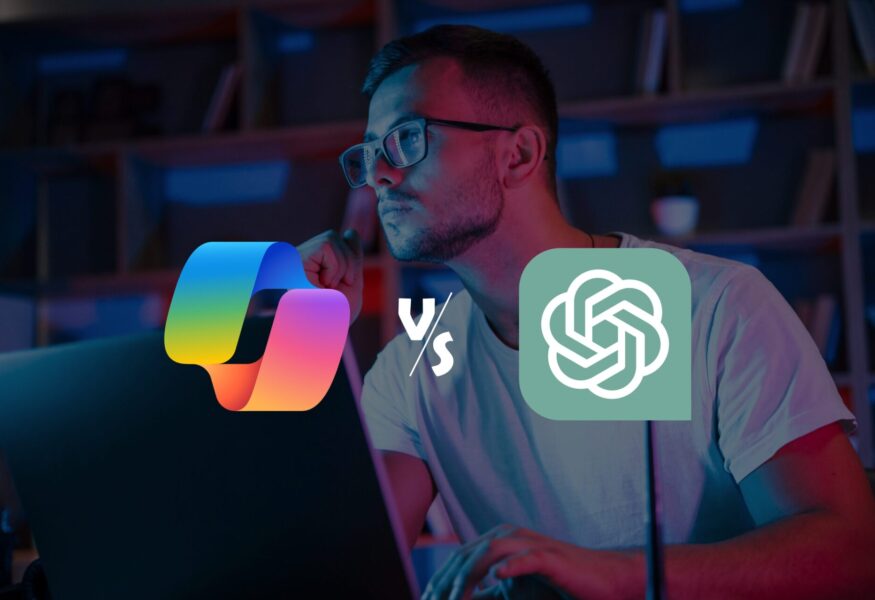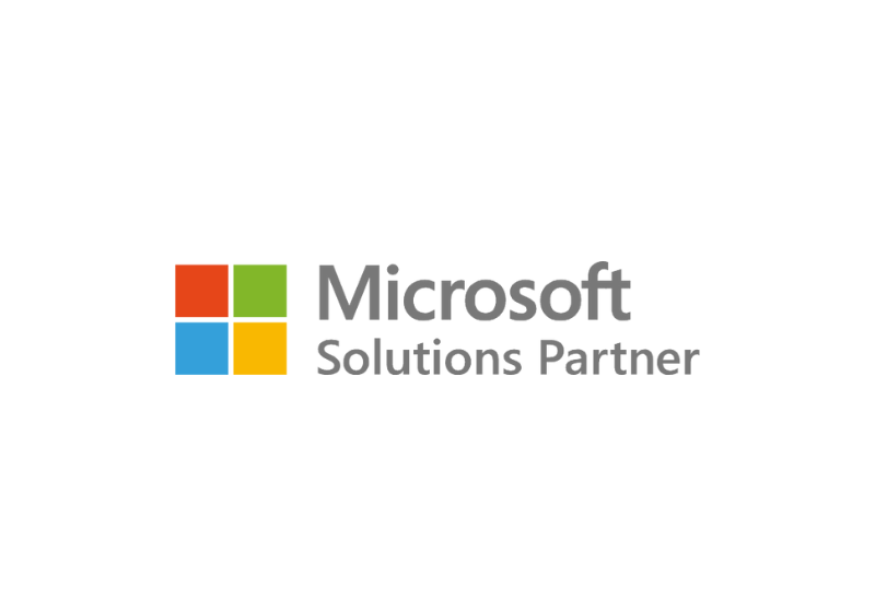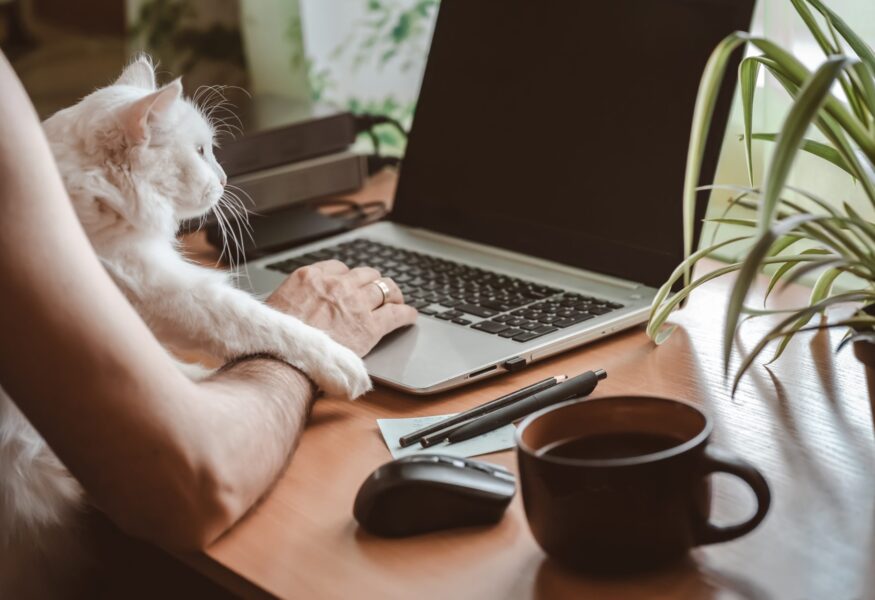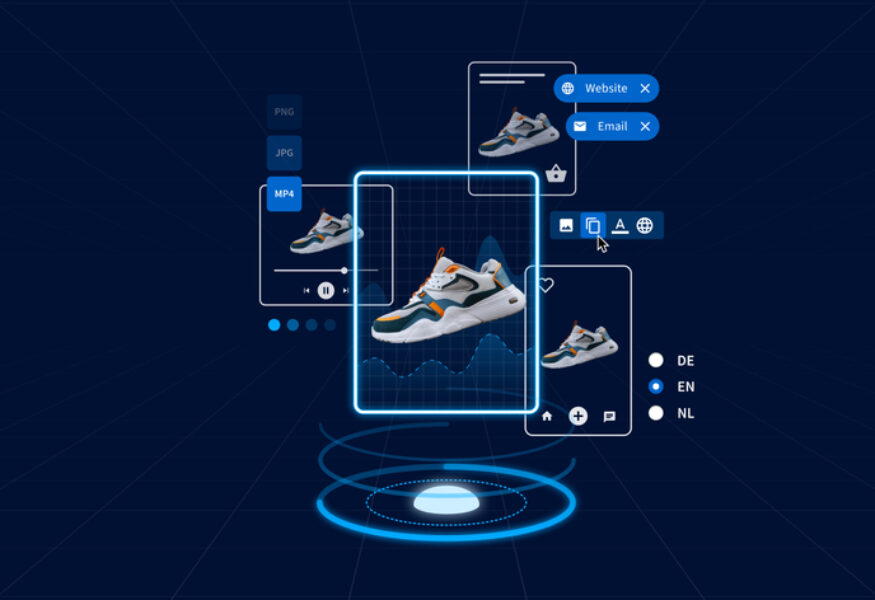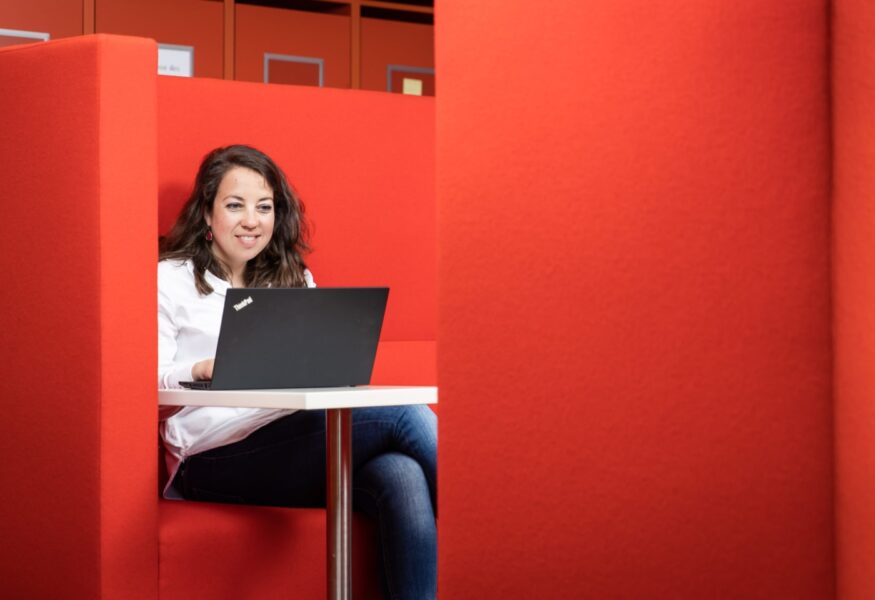Since Covid, the amount of hours you work is much less important, as is the location where you open your laptop. Output-driven working it is. You work with your team towards a concrete goal. And whether you do that on a Sunday afternoon from a terrace in Italy, or Tuesday afternoon at the office in Amstelveen, it doesn’t matter. This way of working, remote working, bears fruit, as research shows that it produces better results.
Eric van der Linden is former HR director at Ctac. He found it amazing to see how quickly working from home was accepted during Covid. Eric: “Now we can’t and don’t want to go back to the old model. But we do want to apply elements from the old working model in modern working. Like meeting people. So it’s important to keep providing facilities for people who still want to work in the office.”


